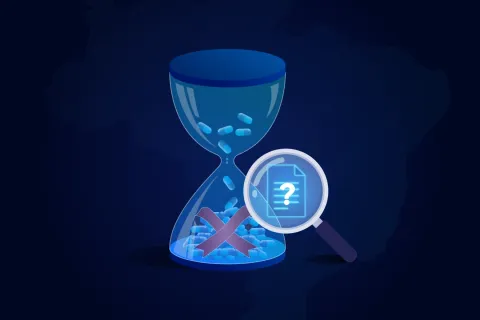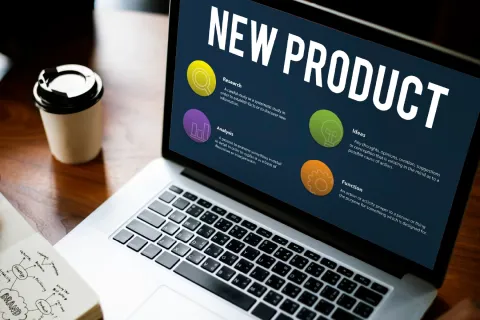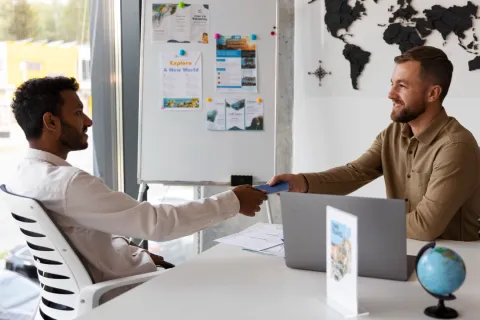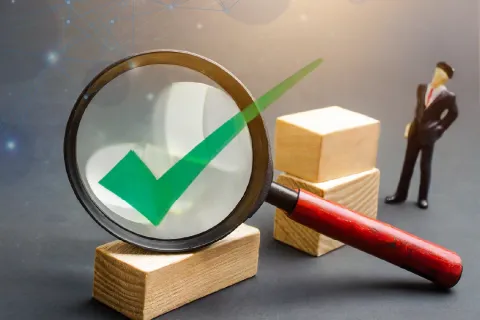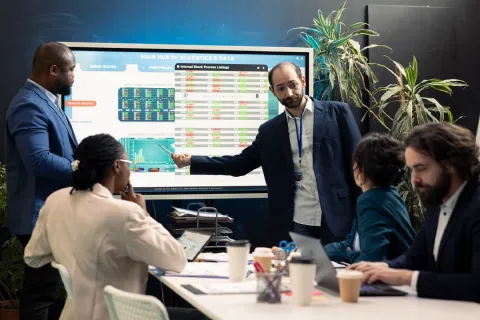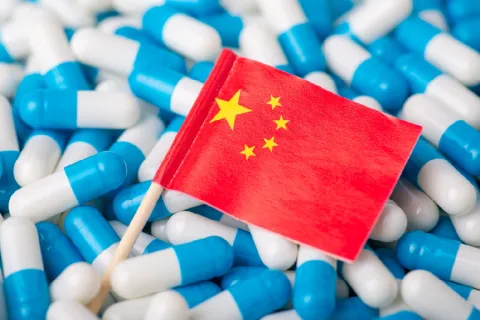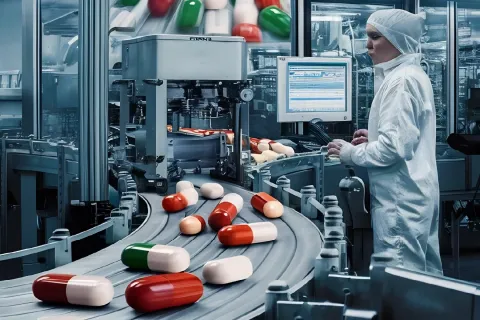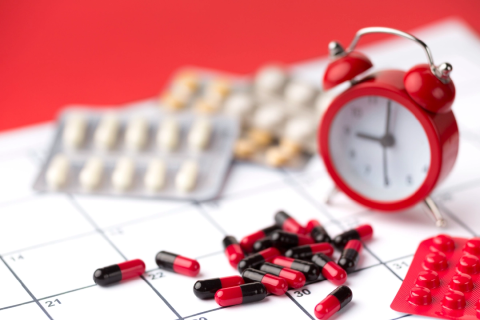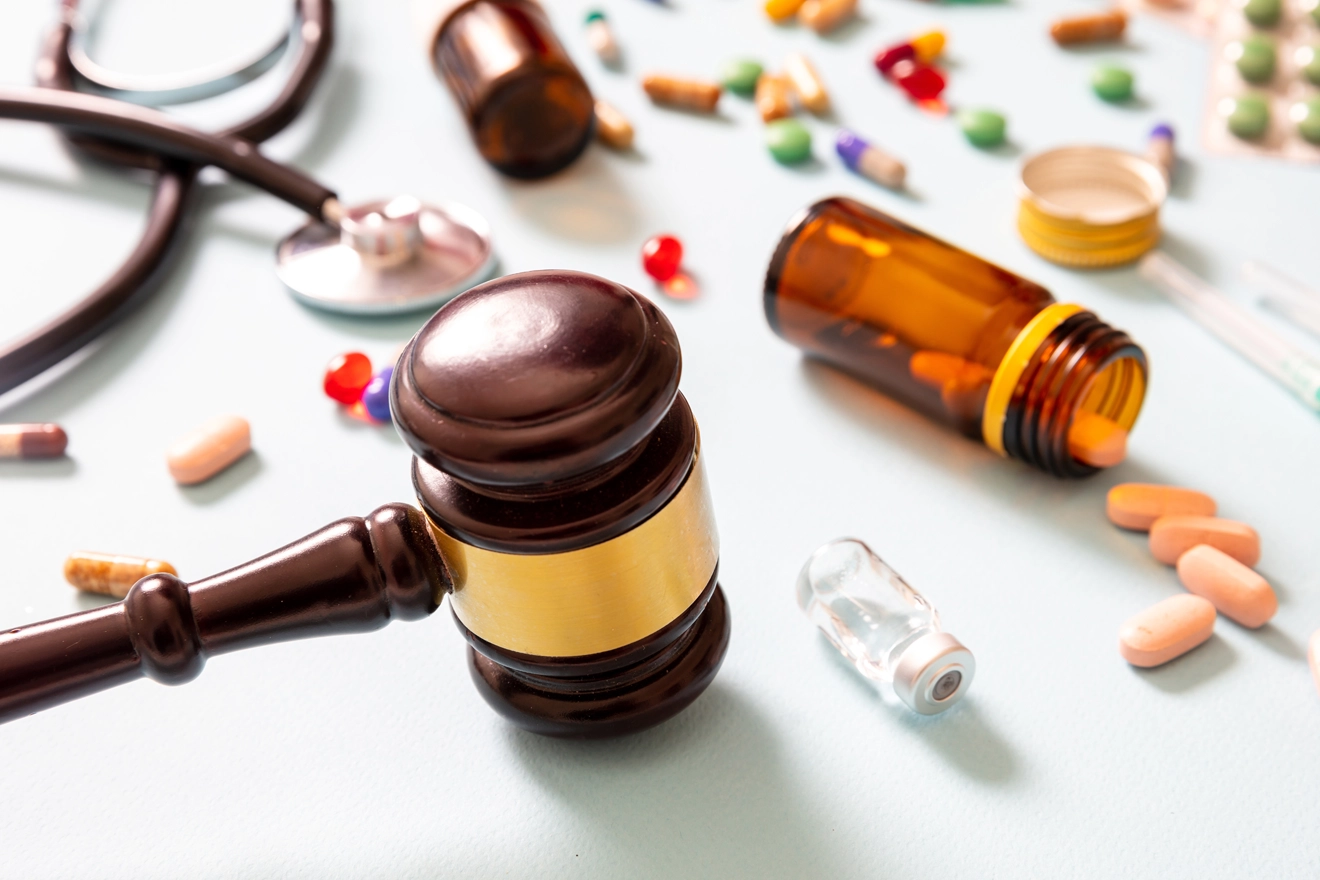
Are you stepping into the world of pharmaceuticals in Brazil? Have you ever wondered how medicinal products /drugs are approved in the country? Get ready as we unveil thirteen (13) must-know Frequently Asked Questions (FAQs) on the drug approval process in Brazil.
1. What is ANVISA?
The Agência Nacional de Vigilância Sanitária (ANVISA), or the National Health Surveillance Agency, is like a rulebook keeper for medicinal products in Brazil. It is the Brazilian health Regulatory agency that checks if medicines are safe, effective, and compliant with regulations before they reach end-users. In other words, ANVISA ensures that the medicines you take are beneficial for your health and well-being.
2. Who are eligible to apply for the new drug approval in Brazil?
- Pharmaceutical Companies (national or foreign)
- Research Institutes.
- Individuals (under specific conditions)
3. What kind of drugs require approval?
- All New Drugs (including prescription and Over-the-Counter [OTC] medications)
- Biologics (such as vaccines and insulin)
- Generic Drugs
4. What are the main steps involved in the drug approval process?
- Pre-clinical Studies: Testing a drug on cells and animals to assess its safety and efficacy.
- Clinical Trials: Testing a drug on humans in phases (Phase I for safety, Phase II for efficacy, and Phase III for confirmation).
- Registration Application: Submitting a comprehensive dossier with data from pre-clinical and clinical studies to ANVISA.
- ANVISA Review: Experts at ANVISA meticulously evaluate the evidence to ensure a drug’s safety, efficacy, and quality.
- Approval or Rejection: Based on their review, ANVISA either grants or denies the drug’s registration for sale in Brazil.
5. How can you be sure that a drug is safe to be placed on the Brazilian market?
- ANVISA follows stringent international standards and adheres to rigorous scientific evaluation before granting approval for any drug.
- You can also check ANVISA’s official website for information on approved drugs and any associated safety concerns.
6. Can you import drugs that have not been approved in Brazil?
Yes, but under specific circumstances, and only with authorization from ANVISA and a medical doctor’s prescription.
7. How can you stay updated on new drug approvals in Brazil?
You can stay updated by subscribing to ANVISA’s newsletters or following their social media channels.
8. Does ANVISA approve traditional medicines?
Yes, ANVISA has a specific Regulatory framework for traditional medicines, which are known as fitoterapicos, the local name for herbal medicines.
9. Does ANVISA collaborate with other Regulatory agencies?
Yes, ANVISA actively collaborates with international Regulatory agencies to share information and harmonize regulations.
10. How does ANVISA ensure the quality of drugs manufactured in Brazil?
ANVISA conducts regular inspections of manufacturing facilities and implements strict quality control measures.
11. What happens if a drug is approved but later it has emerging safety concerns?
ANVISA actively monitors the post-market safety of drugs and can take various actions depending on the severity of the concerns, including issuing warnings, restricting use, or even recalling the drug.
12. Is ANVISA’s approval process for OTC medicines different than that for prescription drugs?
For OTC medicines, the evaluation process of ANVISA might be less rigorous than for prescription drugs, focusing on safety with respect to self-administration and addressing common ailments.
13. Are there any plans to reform or modernize the drug approval process in Brazil?
ANVISA continuously seeks to improve its processes and is open to implementing international best practices while maintaining stringent safety standards.
Do you have questions about bringing your new drug to Brazil? Reach out to Freyr today. Our team of experts is here to assist you!
